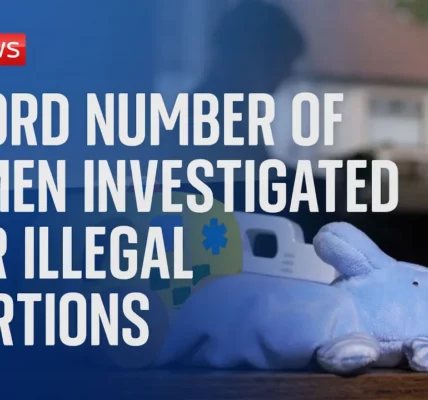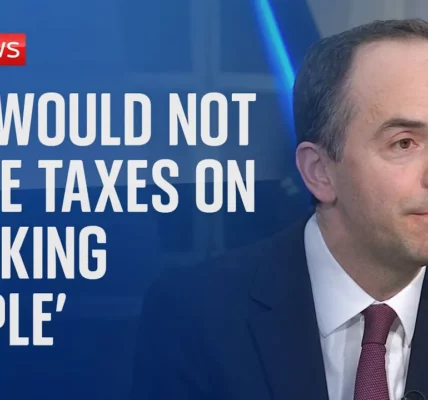Economic Outlook: Growth, Challenges, and Future Strategies in the UK

This article provides a comprehensive overview of the recent GDP figures and the government’s economic strategies aimed at fostering growth, addressing inflation, and stabilizing public finances in the UK.
Introduction
The recent release of GDP figures has sparked discussions about the current state of the UK economy. With flatline growth reported in July, yet a positive outlook for the first half of the year, the government faces a myriad of challenges. This article delves into the implications of these figures, the government’s response, and the long-term strategies being deployed to ensure economic stability and growth.
Understanding the Current Economic Landscape
The UK economy has experienced significant challenges over the past 14 years, leading to stagnation and a complex financial landscape. The recent GDP figures serve as a reminder of the hurdles that remain as the government endeavors to turn the economy around. Key aspects include:
- Flatline growth in July
- Positive growth in the first half of the year
- Inflation nearing target levels
- Interest rates on a declining trend
These factors collectively indicate a mixed economic environment, where cautious optimism is warranted but significant hurdles still exist.
Government’s Response to Economic Challenges
The government has acknowledged the grim economic inheritance while outlining a plan for recovery and growth. The key areas of focus include:
Long-term Economic Decisions
To address the stagnation, the government is committed to making long-term decisions aimed at stabilizing the economy, including:
- Partnering with businesses to promote job creation
- Encouraging investment from major corporations
- Implementing policies to foster wealth creation
Investment Announcements
Recent announcements, such as Amazon Web Services’ investment in the UK, highlight the government’s strategy to stimulate business investment:
- Creating new jobs focused on technical skills
- Enhancing digital infrastructure
- Promoting AI and innovation sectors
Addressing Public Finances
One of the critical challenges faced by the government is managing the public finances, particularly a reported £22 billion black hole. The Chancellor has made difficult decisions to navigate this situation:
Impact on Pensioners
Recent changes have affected various demographics, including:
- Winter fuel payments adjustments for pensioners
- Increase in the new state pension benefits
- Continued support for pensioners on means-tested benefits
Future Budget Considerations
The upcoming budget is set to address spending cuts and taxation, which are crucial for stabilizing public finances:
- Potential cuts in departmental budgets
- Strategies for increasing revenue without burdening working individuals
- Addressing corporate taxes to stimulate growth
The Path Forward: Growth and Stability
The primary mission of the current government is to foster economic growth through stability. This involves:
Investment and Business Partnerships
By creating a stable economic environment, the government aims to attract business investment, which is pivotal for:
- Job creation
- Economic growth
- Enhancing the quality of life for citizens
Challenges Ahead
While the vision is clear, several challenges remain, including:
- Managing public sentiment regarding cuts and changes in welfare
- Ensuring that tax policies do not stifle growth
- Balancing budgetary constraints with the need for investment in critical sectors
Conclusion
In conclusion, the recent GDP figures reflect a complex economic landscape where challenges coexist with opportunities for growth. The government’s commitment to long-term strategies, investment partnerships, and careful management of public finances is crucial for turning the economy around. As we look forward, it is essential to remain engaged in the ongoing economic discourse and support initiatives aimed at fostering a prosperous future for the UK. For more insights on economic strategies and their implications, explore our related articles on this topic.
“`




